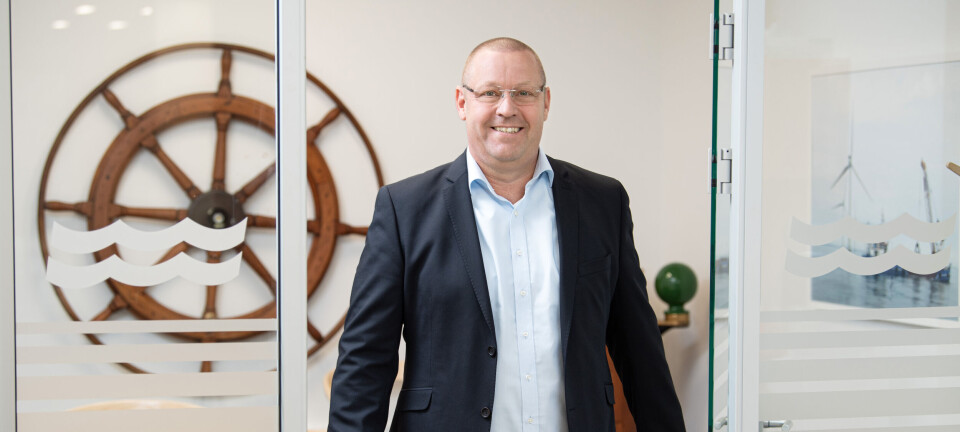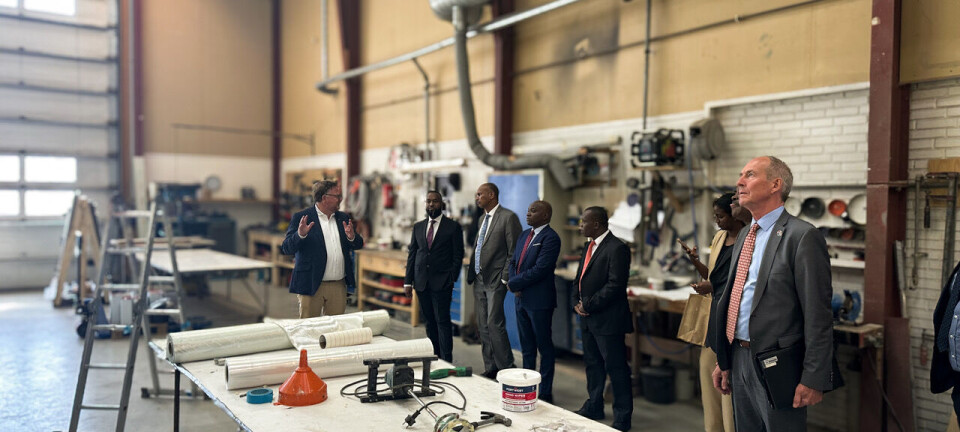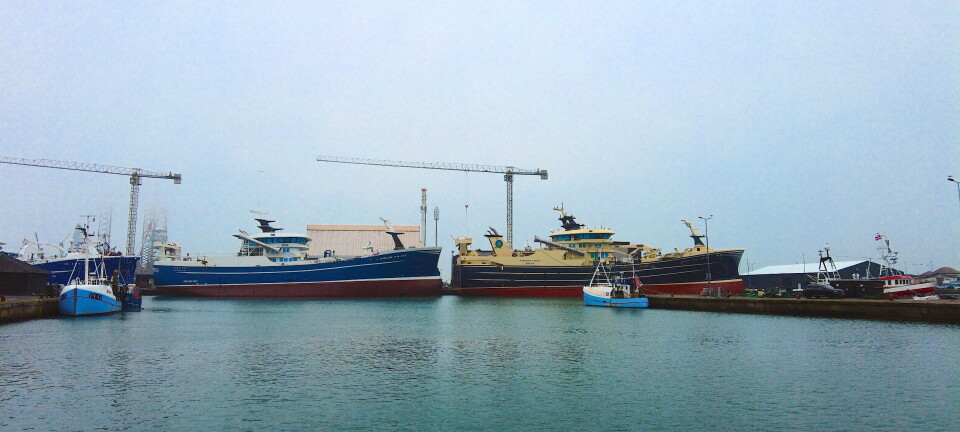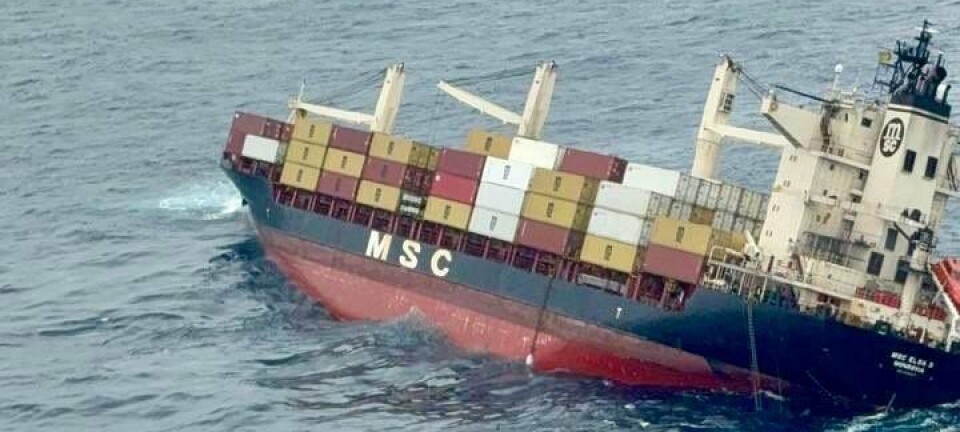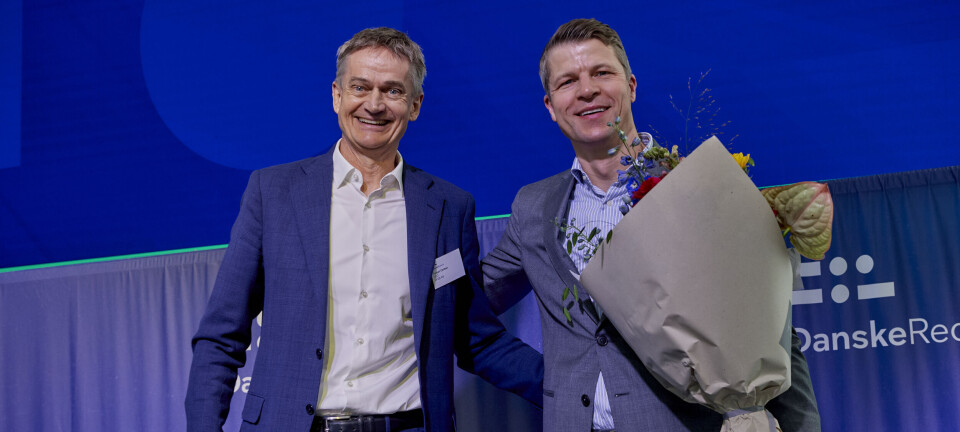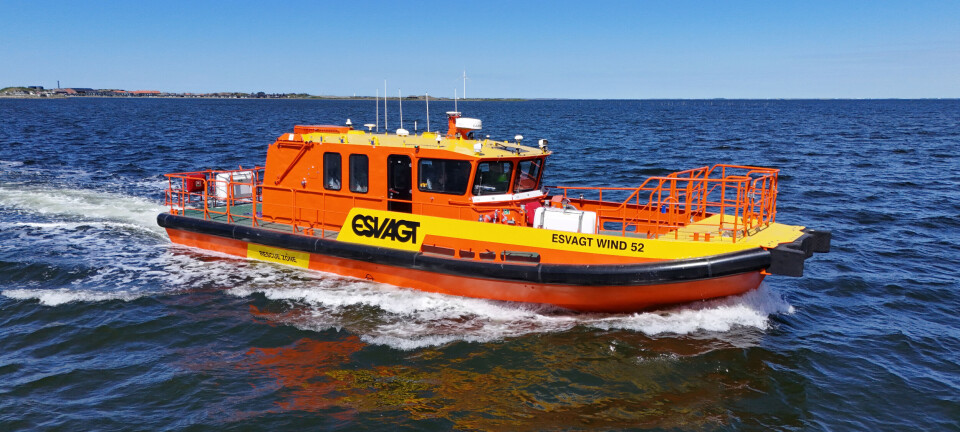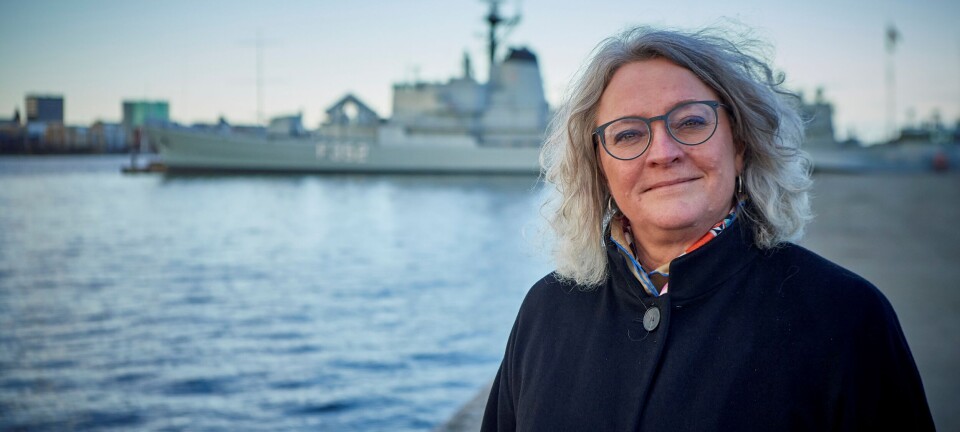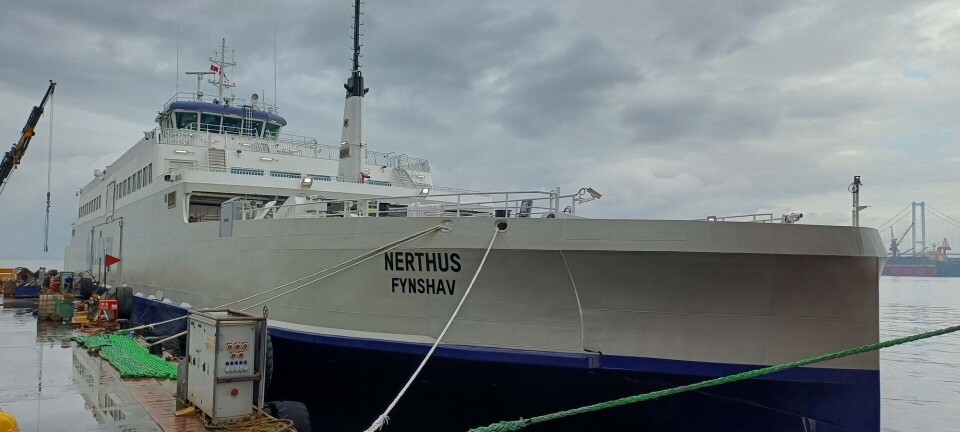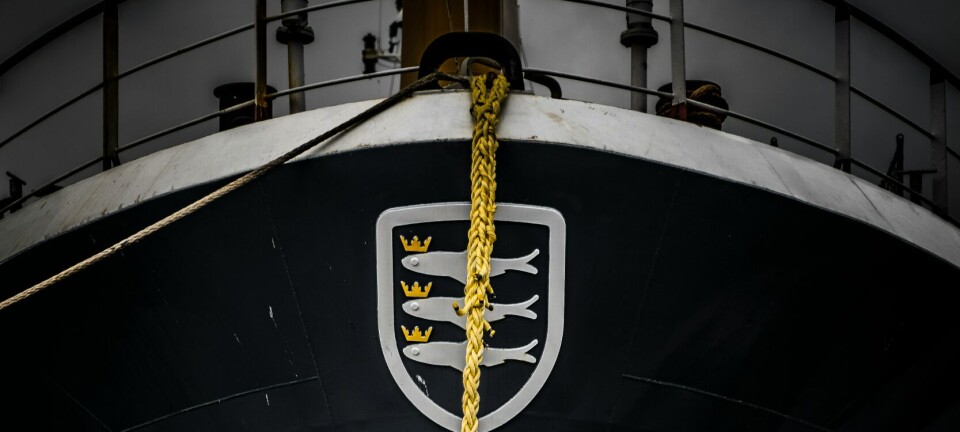Stena Line pressing ahead with plans for electric ferry
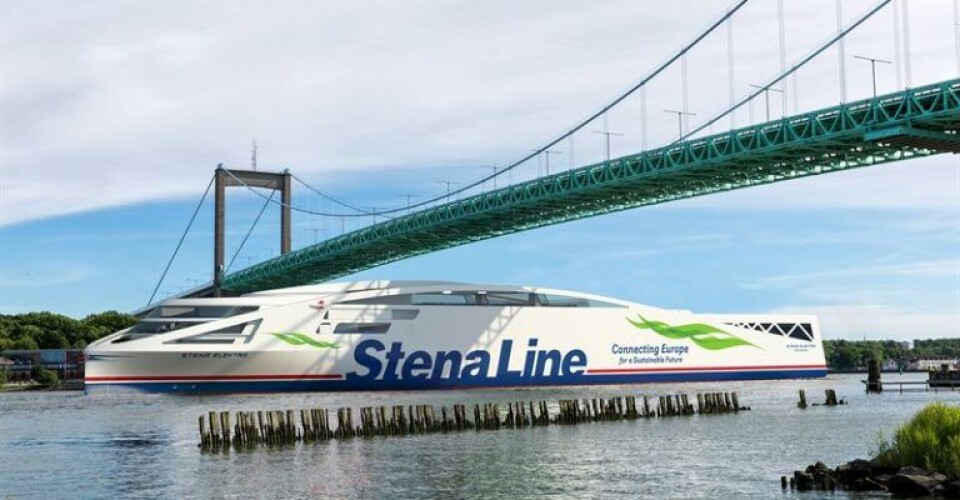
Stena Line, Volvo Group, Scania, and the Port of Gothenburg join forces to cut carbon emissions at Scandinavia’s largest seaport.
Stena Line has announced that it will be taking part in the Port of Gothenburg’s “Tranzero Initiative“, a multi-body attempt to cut carbon emissions. The group, consisting of the port authority, Stena Line, Volvo Group, and Scania, aims to reduce carbon emissions at Port of Gothenburg by 70% by 2030.
The initiative includes the electrification of sea transport as one of its goals and will focus on the one million truck transports and the 50,000 tonnes of CO2 generated by road freight to and from the port.
Elvir Dzanic, Gothenburg Port Authority chief executive, said: “No single organization or individual holds the key to meeting the challenges ahead of us… Collaboration is crucial and we are pleased to bring on board two of the world’s largest truck manufacturers and the world’s largest ferry company. With our collective expertise, breadth, and market presence we can make a real difference.”
Stena Line will play a key role in the transition at the port and has plans to introduce fossil-free vessels on the Gothenburg-Frederikshavn route by 2030.
The company has considered electric vessels before and said previously that the concept faces hurdles in terms of profitability, but new advances in battery technology, including greater storage capacity and falling prices, mean that electric ferries might soon become viable.
Niclas Mårtensson, CEO of Stena Line Group says: “Within a year we plan to present the outline specifications and by the latest of 2025, we plan to order the first vessel. This will be a quantum leap in short-sea shipping and a huge step towards fossil-free shipping.”
To support the overall project, the Port of Gothenburg will develop the necessary infrastructure and provide access to fossil-free fuels for heavy goods vehicles, including electrical power, HVO, biogas, and hydrogen gas. Volvo and Scania will play their part in the initiative by launching commercial vehicles that are attractive to their heavy truck customers.

